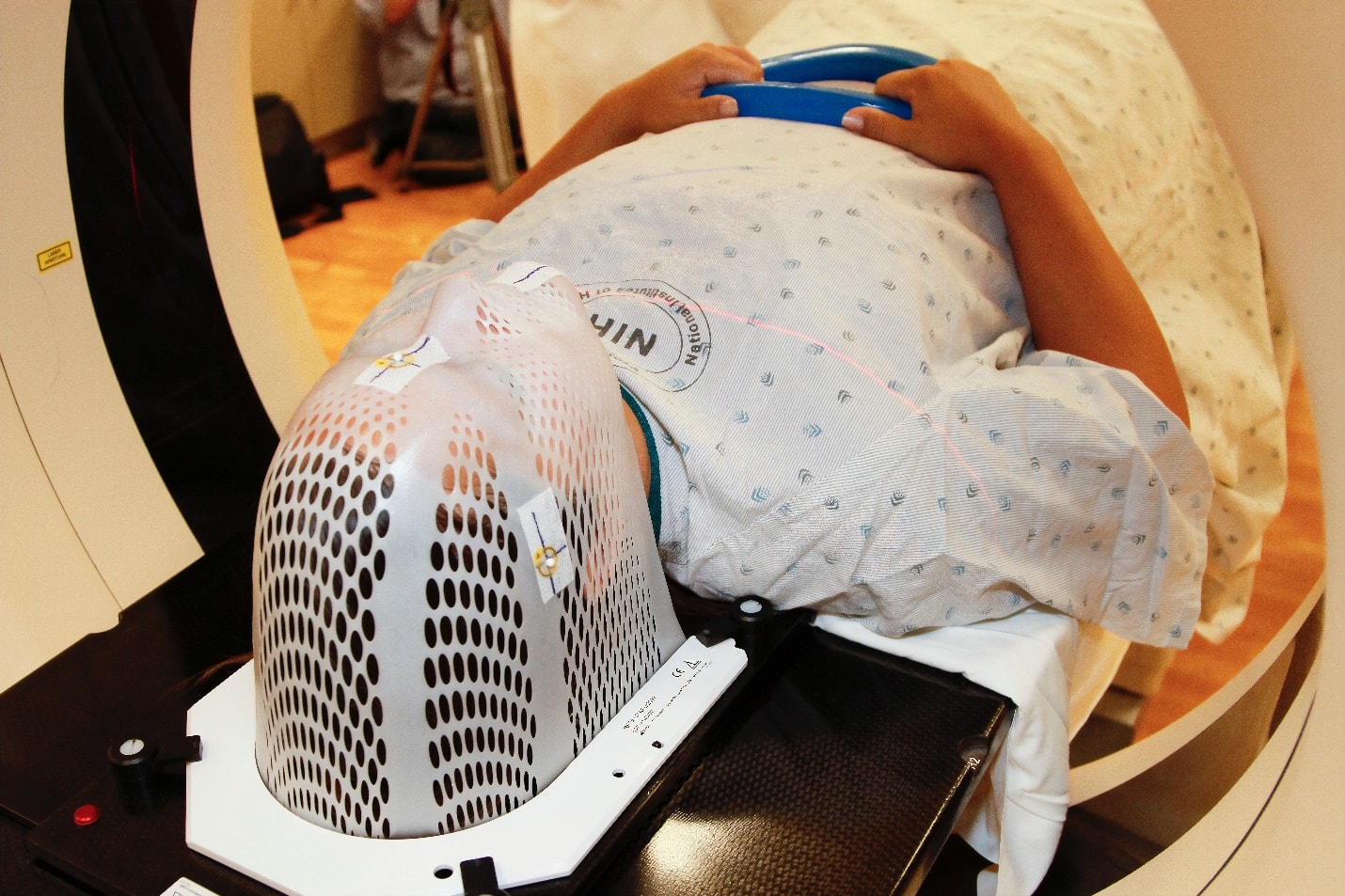Traumatic brain injuries (TBIs) are severe brain injuries that can impact your cognitive and physical health. TBIs can be categorized into two types: isolated TBIs and non-isolated TBIs. An isolated TBI is when the brain experiences a single blow or jolt to the head, whereas a non-isolated TBI occurs when the brain is hit repeatedly, leading to more severe damage. TBIs can be life-altering, impacting a person’s cognitive and behavioral functions, and it’s essential to know the differences between isolated and non-isolated TBIs. This blog will discuss everything you need to know about isolated vs. non-isolated traumatic brain injuries.
An isolated brain injury occurs when the head receives a single blow or impact. It is usually caused by an accident involving a fall or a strike to the head. An isolated TBI usually results in a mild concussion, and the person may only experience temporary symptoms, such as headaches, dizziness, or confusion. Since the injury is minimal, recovery is quicker, and long-term effects are generally not severe.
On the other hand, non-isolated TBIs usually occur when the brain suffers repeated blows or impacts. This may be due to contact sports, domestic abuse, or any other situation where the head may be subject to multiple blows. Non-isolated TBIs can lead to severe brain damage and long-term complications, such as memory loss, personality changes, or difficulties with motor functions. The recovery process for non-isolated TBIs can take longer, and individuals may require ongoing support and care to manage their symptoms.
Both isolated and non-isolated TBIs require immediate medical attention. However, non-isolated TBIs may require extensive care, including surgeries, therapy, or rehabilitation. The severity of the injury can vary, and prompt treatment can significantly impact the recovery process.
It’s essential to understand the differences between isolated and non-isolated TBIs, as it can help identify the symptoms and access proper medical care. Isolated TBIs may not necessarily require a trip to the hospital, and symptoms can be managed with rest and pain relief medication. However, non-isolated TBIs require specialized care, and individuals may require medical intervention to manage their symptoms and prevent long-term damage.

Final Thoughts
Traumatic brain injuries can devastate a person’s mental and physical health, and it’s crucial to understand the differences between isolated and non-isolated TBIs. Both types of TBIs require immediate medical attention and potentially severely impact an individual’s life. However, TBIs can recover and lead fulfilling lives with adequate treatment and support. Remember to seek medical attention if you or someone you know experiences a head injury and stay informed about how to manage and prevent TBIs.
The personal injury lawyers at Bourassa Law Group can help you build a strong case and ensure you get the maximum compensation for your personal injury claim. Get in touch with us at (800)870-8910 or drop a message to book your free consultation.




